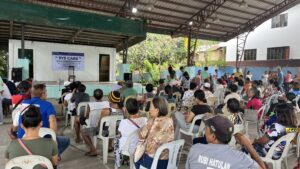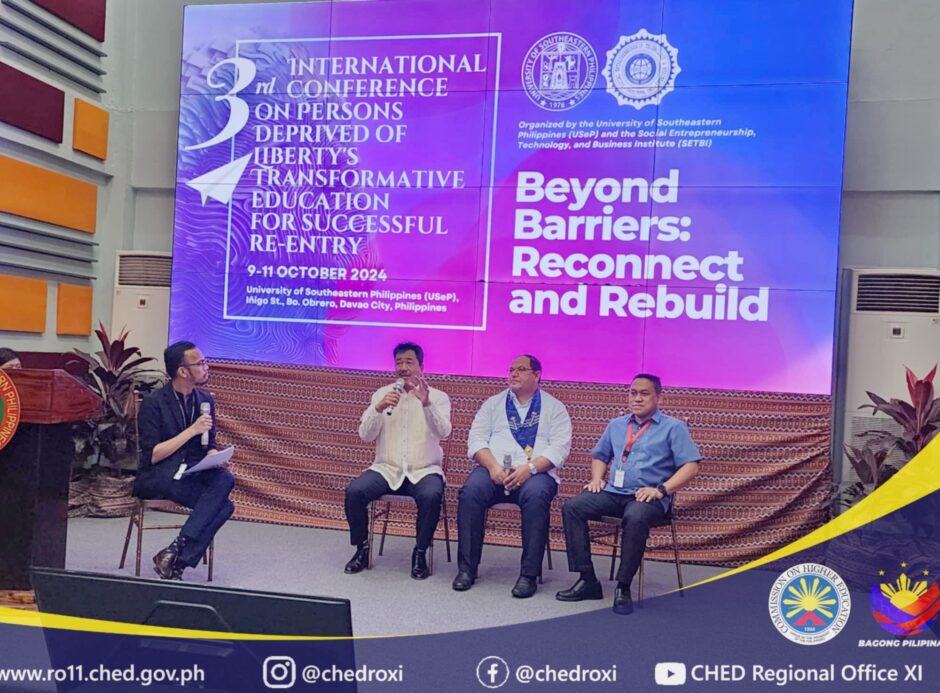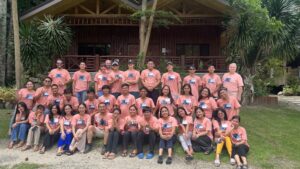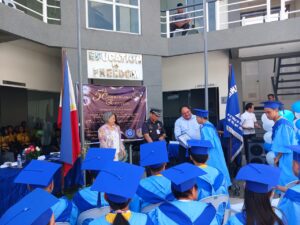 This is MCI ‘s 13th distribution of eye glasses in varies communities including the Personal of Deprive liberty in DAPECOL . Recognizing the profound impact of clear vission on indiviudals lives. Minority Care international Restoring vision annual eye care projects , we dsitributed more than 190 reading eyeglasses to Lina barangay in South Cotabao. We have had two eye doctors from another local hospital joined us as volunteers to evaluate and do free eye check ups, and to label the lenses of all the eye glasses before disributing them. At the same time our nursing students were there to conduct free blood pressue screening for elderly .They enjoyed serving the community needs . Accoring to one of the eye glasses recipent appreciated MCI community outreached projects because there is is very expensive to do eye check ups and gete eye classes with the consequnces that most do not have glassess and have problmess that go untreated. Through this service our MCI scholars are learning that it is more blessed to give than to receive. We want to thank Linan barangay council Mr Aquilar for great hospitality allowing us to disributed eye glasses there and Also MCISA officers and MCISa presdient Lynnyth Aguilar and her team, Dr. Aland Mizell , Dr Krizzia Rodriguez and Dr. Conie Bargos and Attorney Cariaga Continue reading
This is MCI ‘s 13th distribution of eye glasses in varies communities including the Personal of Deprive liberty in DAPECOL . Recognizing the profound impact of clear vission on indiviudals lives. Minority Care international Restoring vision annual eye care projects , we dsitributed more than 190 reading eyeglasses to Lina barangay in South Cotabao. We have had two eye doctors from another local hospital joined us as volunteers to evaluate and do free eye check ups, and to label the lenses of all the eye glasses before disributing them. At the same time our nursing students were there to conduct free blood pressue screening for elderly .They enjoyed serving the community needs . Accoring to one of the eye glasses recipent appreciated MCI community outreached projects because there is is very expensive to do eye check ups and gete eye classes with the consequnces that most do not have glassess and have problmess that go untreated. Through this service our MCI scholars are learning that it is more blessed to give than to receive. We want to thank Linan barangay council Mr Aquilar for great hospitality allowing us to disributed eye glasses there and Also MCISA officers and MCISa presdient Lynnyth Aguilar and her team, Dr. Aland Mizell , Dr Krizzia Rodriguez and Dr. Conie Bargos and Attorney Cariaga Continue reading
Meet the Author
Dr. Aland Mizell is with the University of Mindanao School of Social Science, President of the MCI and a regular contributor to The Kurdistan Tribune, Kurdishaspect.com, Mindanao Times and Kurdish Media.You may email the author at:aland_mizell2@hotmail.com.Become a Member today!
Categories

















